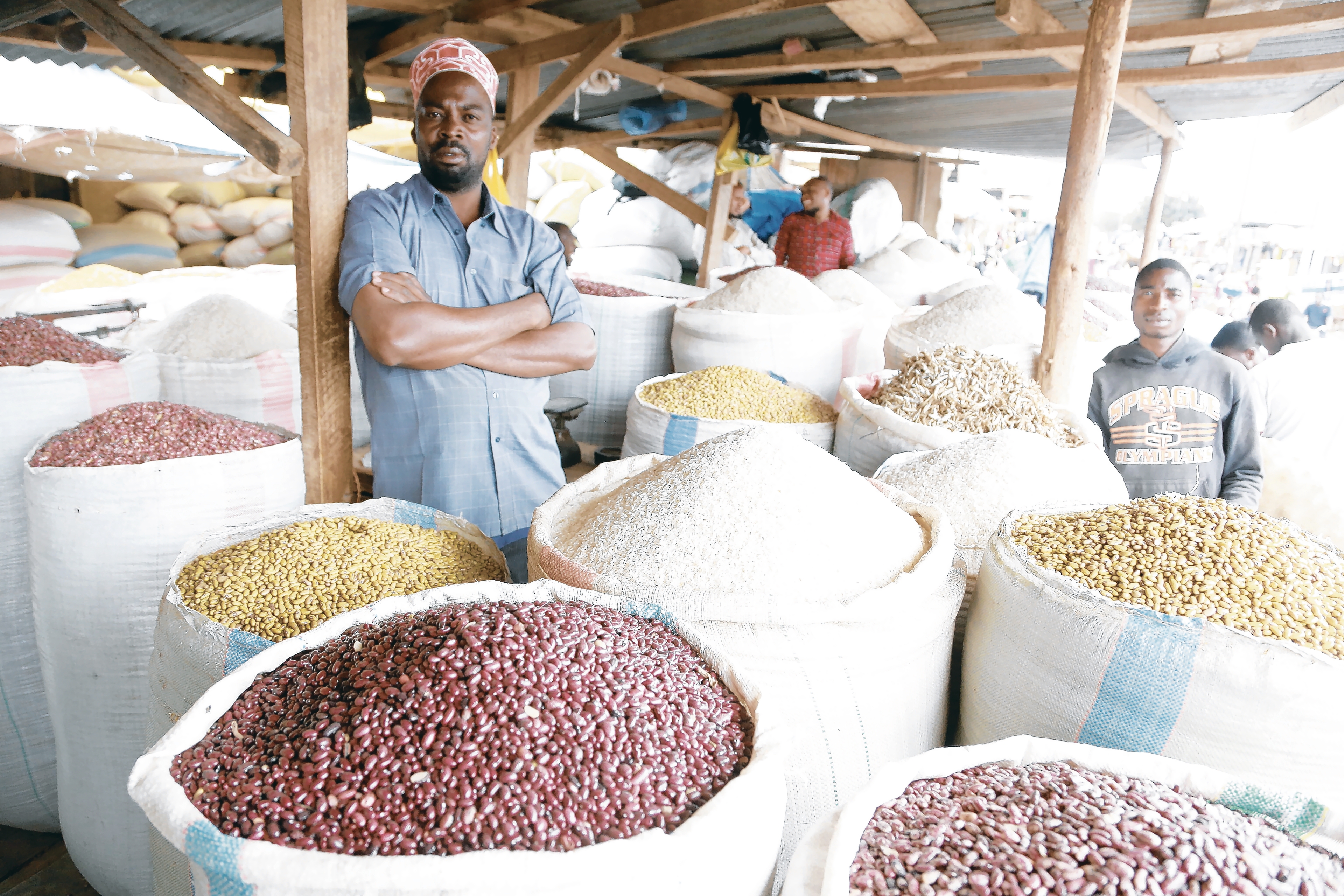Control of sugar intake: Why it is vital for health

What you need to know:
- The chairman of the Tanzania Diabetes Association, Prof Andrew Swai, issued the caution last Thursday during the “Our Health, Our Lifestyle” forum, which was organised by Mwananchi Communications Limited.
Dar es Salaam. The public has been cautioned to consider regulating their intake of sugar in order to avoid diabetes, which is among the deadly Non Communicable Diseases (NCDs) causing serious health burden.
The chairman of the Tanzania Diabetes Association, Prof Andrew Swai, issued the caution last Thursday during the “Our Health, Our Lifestyle” forum, which was organised by Mwananchi Communications Limited.
Prof Swai also said the public should avoid starch from winnowed grains and genetically modified fruits.
The expert, who doubles as the chairman of a network of NCDs in Tanzania, warned the public against inactivity, over consumption of alcohol and tobacco use.
“Overconsumption of sugar burns various organs, which include eyes, therefore, the public should heed experts’ advices on the need to regulate their sugar intake. It really should not be more than five teaspoonful per day,” he said at the well-attended forum.
Prof Swai emphasised on the need for people to change their inactive lifestyles and start taking up physical exercises, noting that exercises were important in burning calories.
“People should consider exercising for at least 30 minutes. The exercises, which include walking and running, will certainly help burn calories,” he advised.
He also warned the community to take preventive measures against diabetes, noting that patients suffering from the disease may end up having their legs amputated because of neglecting basic directives.
According to him, a study conducted in 1980 shows that one per cent of Tanzanians in rural areas were found to be diabetic and that the number rose to nine per cent by 2012.
Speaking during the same event, the minister for Health, Community Development, Gender, the Elderly and Children, Ms Ummy Mwalimu, said fighting NCDs was one of the top agenda as the country strives to realise its industrialisation drive.
“Individual efforts are vital in avoiding poor diet, smoking, alcoholism and actively engaging in physical exercises,” she advised.
Director of the Ocean Road Cancer Institute (ORCI) Dr Julius Mwaiselage said challenges related to urban-rural nutrition transition should be immediately addressed.
“Nowadays people in rural areas have adopted and imitate some of lifestyles of the urban areas including means of transport and types of food consumed, which are dangerous,” he said.
For his part, the World Health Organisation (WHO) country representative, Dr Adiele Onyeze, said NCDs posed a threat to global economies.
He said while 70 per cent of global deaths are caused by NCDs, the diseases accounted for 30 per cent of deaths in Tanzania.
“Tanzania needs to accelerate implementation of strategies to tackle NCDs. It has to reduce them by 30 per cent by 2030,” he said.



